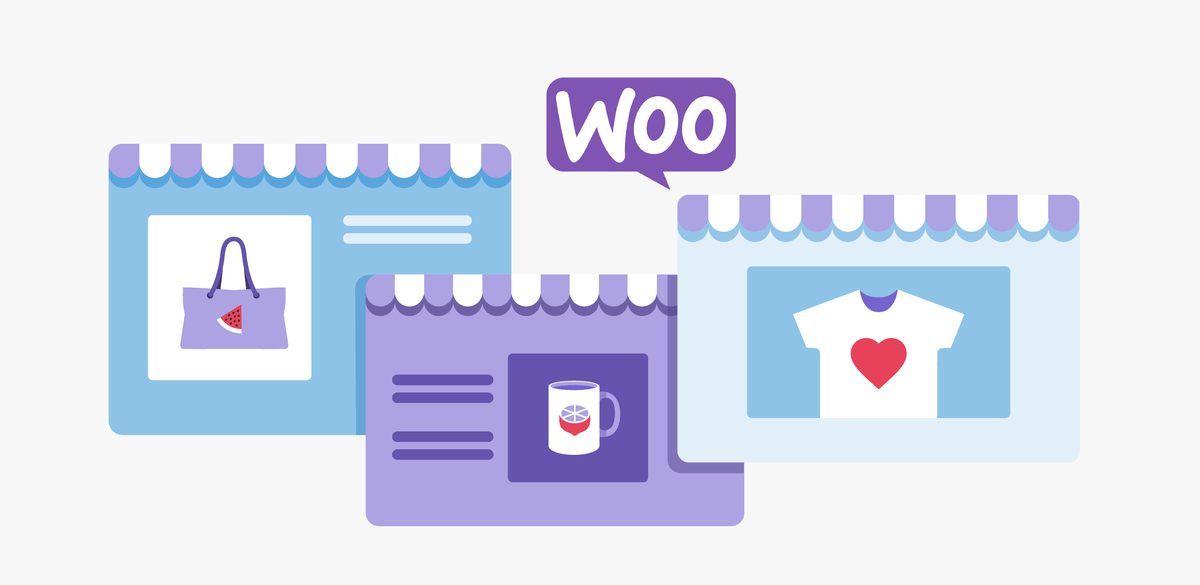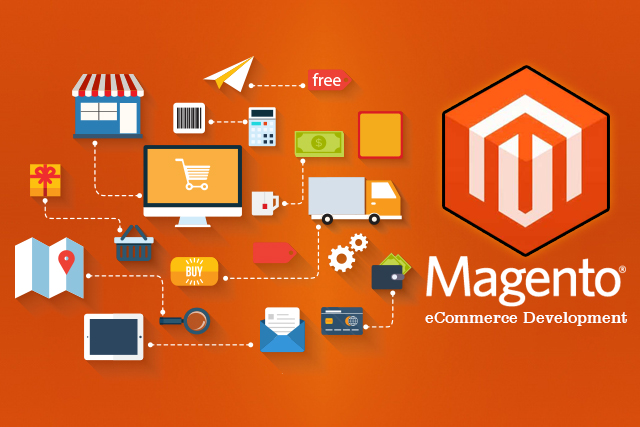D2C Ecommerce Website Development: A Comprehensive Guide to Launching Your Brand
The landscape of retail is undergoing a dramatic shift. Direct-to-consumer (D2C) ecommerce is booming, empowering brands to connect directly with their customers, bypassing traditional retail channels. This shift presents exciting opportunities for businesses, offering greater control over brand image, customer relationships, and profit margins. But how do you translate your D2C vision into a thriving online store? This comprehensive guide explores the world of D2C ecommerce website development, equipping you with the knowledge to launch your brand successfully.
Essential Features for D2C Ecommerce Website Development
Your D2C website is the cornerstone of your brand’s online presence. Here are some key features to prioritize:
- Effortless Navigation & User Experience: Imagine a well-organized department store – your website’s navigation should be equally intuitive. Prioritize a clean design with clear menus and search bars, allowing customers to effortlessly find the products they desire.
- High-Impact Product Showcase: In the competitive world of online retail, high-quality product visuals are paramount. Think stunning photography and captivating product descriptions that tell a story and ignite customer interest. Don’t just list features – weave a narrative that resonates with your target audience.
- Frictionless Shopping Cart & Checkout: The checkout process should be as smooth as butter. Ensure a secure shopping cart experience with multiple payment options, including popular gateways like PayPal and credit cards. A lengthy or confusing checkout process can lead to cart abandonment, so prioritize simplicity and speed.

- Content Marketing & Brand Storytelling: D2C success goes beyond product sales. Content marketing allows you to showcase your brand values, educate potential customers, and build trust. Think informative blog posts, detailed product descriptions that go beyond specifications, and engaging visuals that capture the essence of your brand.
- Building Customer Loyalty with CRM: A Customer Relationship Management (CRM) system is your secret weapon for fostering long-term customer relationships. By gathering customer data and preferences, you can personalize marketing efforts, offer targeted promotions, and build a loyal customer base.
- Mobile-First Approach: The future of shopping is mobile. Ensure your D2C website is responsive and optimized for mobile devices. With the ever-increasing popularity of mobile shopping, neglecting mobile responsiveness could significantly limit your customer reach.
Choosing the Right D2C Ecommerce Platform
Selecting the right platform for your D2C ecommerce website is a crucial decision. It shapes your online store’s functionality, scalability, and ultimately, your success. We’ve explored the big three – WooCommerce, Shopify, and Magento – but let’s delve deeper to understand which platform might be the perfect fit for you.
WooCommerce: The Beginner’s Best Friend
Imagine WooCommerce as the training wheels of D2C ecommerce platforms. Here’s why it’s ideal for beginners:
- User-Friendly Interface: WooCommerce seamlessly integrates with WordPress, a platform known for its user-friendly interface. If you’re comfortable with WordPress, navigating WooCommerce will be a breeze.
- Cost-Effective Choice: As an open-source plugin, WooCommerce itself is free to use. You’ll only incur costs for web hosting and potentially additional plugins for advanced features. This makes it a budget-friendly option for startups and small businesses.
- Seamless Content Integration: The WordPress connection allows you to leverage the power of content marketing alongside your online store. This is a significant advantage, as compelling content creation is key to D2C success.

However, WooCommerce has limitations to consider:
- Scalability Concerns: While great for starters, WooCommerce might struggle with very large product catalogs or high volumes of traffic. As your business grows, scalability limitations could become an issue.
- Technical Expertise Needed: Although user-friendly, WooCommerce might require some technical knowledge for customization and plugin management. For complex setups, consider partnering with a development agency.
Shopify: The All-in-One Powerhouse
Think of Shopify as the feature-rich, user-friendly platform that caters to businesses of all sizes. Here are its strengths:
- Cloud-Based & Scalable: Shopify’s cloud-based nature ensures scalability as your business grows. You won’t have to worry about server upgrades or maintenance – Shopify handles it all.
- Extensive App Store: The Shopify App Store boasts a vast array of apps for virtually every need, from marketing automation to advanced analytics. This level of customization allows you to tailor your online store to your specific requirements.
- Beginner-Friendly Interface: Shopify’s user interface is intuitive and easy to navigate, even for those with limited technical expertise. Building your online store and managing products is a relatively straightforward process.

However, Shopify comes with its own considerations:
- Transaction Fees: Shopify charges transaction fees on every sale, which can eat into your profits, especially for high-volume businesses. Make sure to incorporate these fees into your pricing plan.
- App Costs Can Add Up: While the app store offers incredible functionality, some apps come with additional monthly costs. Carefully evaluate app needs to avoid incurring unexpected expenses.
Magento: The Enterprise-Level Champion
Imagine Magento as the Goliath of ecommerce platforms, catering to large businesses with complex needs. Here’s why it stands out:
- Maximum Flexibility & Customization: Magento offers unparalleled control and customization options. You can tailor every aspect of your online store to meet your specific brand requirements.
- Scalability for High Volume: Built to handle massive product catalogs and high volumes of traffic, Magento is the platform of choice for large enterprises with established customer bases.
- Open-Source & Cost-Effective (Potentially): As an open-source platform, Magento itself is free to use. However, the true cost lies in customization and development, which often require a dedicated team of skilled developers.

Keep in mind Magento’s potential drawbacks:
- Steeper Learning Curve: Magento’s extensive features and open-source nature come with a steeper learning curve. Setting up and managing a Magento store requires significant technical expertise.
- Development & Maintenance Costs: Due to its complexity, Magento often requires ongoing development and maintenance efforts, which can be expensive.
Choosing Your D2C Ecommerce Platform Champion
The ideal platform depends on your specific needs and resources. Consider these factors:
- Budget: Weigh the cost of the platform itself, along with potential transaction fees and ongoing development needs.
- Technical Expertise: Evaluate your in-house technical capabilities or consider partnering with a development agency.
- Product Range & Scalability Needs: Choose a platform that can accommodate your current product range and future growth projections.
By carefully considering these factors and the strengths and weaknesses of each platform, you’ll be well-equipped to select the perfect D2C ecommerce platform that empowers your brand’s online journey.
Additional Ingredients for D2C Ecommerce Website Development
Building a thriving D2C brand goes beyond website development:
- SEO Optimization: Incorporate search engine optimization (SEO) best practices to increase your website’s visibility in search engine results pages (SERPs). Targeted keywords and optimized content will help potential customers discover your brand organically.
- The Power of Social Media: Leverage social media platforms like Instagram and Facebook to connect with your target audience, showcase your products, and build brand awareness. Social media is a powerful tool for driving traffic to your online store and fostering customer engagement.
- Data-Driven Decisions with Analytics: Website analytics tools provide valuable insights into customer behavior and website performance. By analyzing this data, you can identify areas for improvement, optimize your marketing strategies, and make data-driven decisions to fuel your D2C success.
- Inventory Management & Reliable Fulfillment: A robust inventory management system ensures you have the products your customers crave. Additionally, establish reliable fulfillment processes to guarantee timely product delivery and a positive customer experience.
Conclusion
By prioritizing user experience, brand storytelling, and strategic platform selection, you’re well on your way to D2C ecommerce website development. Remember, a successful D2C online store is more than just a digital storefront – it’s a platform to connect with your customers, build brand loyalty, and cultivate a thriving community.
Ready to turn your D2C vision into reality? OnextDigital offers a comprehensive range of services to empower your online journey: Web Development Service, Mobile App Development, UX/UI Design Service, White label software service, and CRM & auto marketing implement service. Don’t let the world of D2C ecommerce overwhelm you! Contact OnextDigital today for a free consultation. Our experienced team will guide you through every step of the process, from platform selection to website development and marketing strategy. Together, we’ll transform your D2C vision into a thriving online reality.





